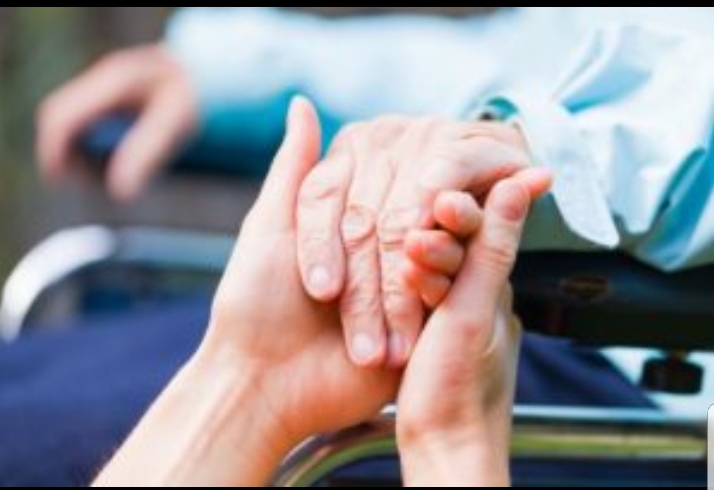| by Admin

Paralysis is a loss of strength in and control over a muscle or group of muscles in a part of the body. Most of the time, this is not due to a problem with the muscles themselves. It is more likely due to a problem somewhere along the chain of nerve cells that runs from the body part to your brain and back again.
Paralysis is a loss of strength in and control over a muscle or group of muscles in a part of the body. Most of the time, this is not due to a problem with the muscles themselves. It is more likely due to a problem somewhere along the chain of nerve cells that runs from the body part to your brain and back again.
Disruption of communication of nerve impulses anywhere along the pathway from the brain to the muscles can impair control of muscle movement and cause muscle weakness and loss of coordination. Muscle weakness can progress to paralysis, loss of the ability to move the muscles.
There are many types and degrees of paralysis. The condition can be:
Partial, when you still have some control of your muscles (sometimes called paresis).Complete, when you can’t move your muscles at all.Permanent, when muscle control never comes back.Temporary, when some or all muscle control returns.Flaccid, when the muscles get flabby and shrink.Spastic, when the muscles are tight and hard and jerk around oddly (spasm).
Paralysis can occur in any part of the body and is either localized, when it affects only one part of the body, or generalized, when it affects a wider area of the body.
Localized paralysis often affects areas such as the face, hands, feet, or vocal cords.
Generalized paralysis is broken down based on how much of the body is paralyzed:
Monoplegia affects one limb only, such as one arm or one leg.Hemiplegia affects one side of the body, such as the leg and arm of the same side of the body.Diplegia affects the same area on both sides of the body, such as both arms or both sides of the face.Paraplegia affects both legs and sometimes parts of the trunk.Quadriplegia affects both arms and both legs and sometimes the entire area from the neck down. The function of the heart, lungs, and other organs might also be affected.
Ayurveda Management of Paralysis
The disease has been discussed in Ayurveda under Vata vyadhi disorder. The terms Paksaghata, Paksha Vadha and Ekanga Vata have been used to describe Paralysis in Ayurveda. Ayurveda has mentioned facial paralysis as a separate disease entity called “Ardita vata”. The treatment guidelines for these conditions have been widely enumerated in the classical texts of Ayurveda.
In spite of the various treatment modalities available in all medical streams available, Ayurveda has proved or stands to be one of the most effective treatment methodologies for the best possible recovery in Paralysis or stroke condition.
So, immediately after getting discharged from Acute medical care center or hospital, it is always highly recommendable to take Ayurveda treatment.
At TEJASVINI KERALA AYURVEDA, we offer excellent Panchakarma therapies along with oral medications for treating Paralysis. The therapies like Abhyanga swedam, Nasyam, Karna pooranam, Snehapanam, Virechanam, Shiro vasti, Sarvanga dhara (Pizhichil), Pichu, Navarakizhi, Vasti etc. are done as per the necessity and condition for about 4 – 5 weeks.
Oral medicines will be continued for 3 - 6 months depending on the recovery. Apart from these Diet & Life style modifications are essential throughout the treatment of Paralysis.
Early intervention of Ayurveda treatment maximizes the recovery chances of Paralysis condition.